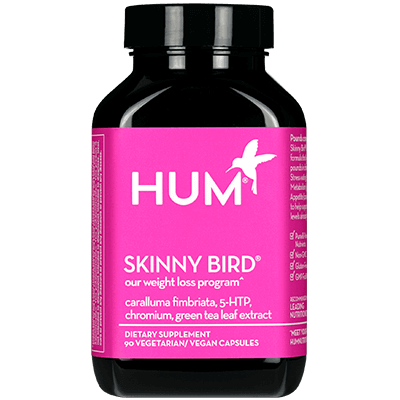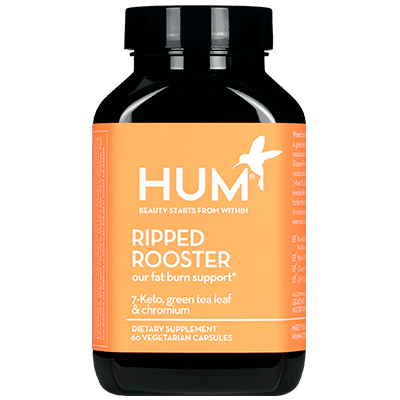During my own research I have found there are two major reasons, besides actually having celiac disease or gluten sensitivity, that some decide to decrease their gluten intake. One is they think gluten free foods are healthier and the other is they believe cutting out gluten will help with weight loss. Several people seek out gluten free diets because other treatments have failed. They are looking for an answer as to why they have been feeling fatigued, bloated, gained weight and overall unhealthy. A popular book that came out in 2011 called Wheat Belly became a New York Times bestseller within one month. The Author refers to gluten as a "chronic poison." Dr. William Davis, the Author of Wheat Belly and now several other books and recipes, has numerous success stories on his website of weight loss and improvement in overall health.
Before one decides to drastically alter their diet they should consult with their physician. Even if you may feel that decreasing gluten will help you feel better and or lose weight, it is important to be evaluated and tested by your doctor prior to eliminating all foods that contain gluten. According to the National Foundation of Celiac Awareness, you should continue eating a normal diet that contains gluten prior to being tested for celiac disease. If the blood tests and symptoms indicate celiac disease, a physician will likely suggest a biopsy of the lining of the small intestine to confirm the diagnosis. Changing your diet before being tested may prevent diagnosis. If one has already begun a gluten-free diet without being tested for celiac disease they can undergo a "gluten challenge" which requires eating less gluten over a shorter period of time for the best results. The current recommended blood tests for celiac disease include Total IgA, IgA-tTG, IgA-EMA and if IgA is deficient, it is recommended that the IgG/IgA-DGP also be ordered. At the discretion of the doctor, IgG-AGA can also be ordered. These funny looking "Ig's" are called Immunoglobulins and they detect antibodies in your blood. If your body does not have enough of the above antibodies you likely have celiac disease. Celiac disease is an autoimmune disorder of the small intestine. There is a reduced ability of the small intestine to properly absorb nutrients from food. Symptoms usually include pain and discomfort in the digestive tract, chronic constipation, fatigue and several other digestive disturbances and vitamin deficiencies.
Celiac disease is caused by a reaction to a protein found in wheat, and similar proteins found in the crops of other common grains such as barley and rye. This protein is called gliadin which is a prolamin. In a cross reaction with prolamin peptides, enzymes, small bowel and the immune system, an inflammatory reaction occurs which basically leads to shortening of villi (the absorptive surface in the intestines) and interferes with absorption of nutrients. As of now the only effective treatment is a lifelong gluten-free diet. There is research currently taking place to develop non-dietary therapies. Non-celiac gluten sensitivity has absolutely no recommended tests and is diagnosed by process of exclusion. Experts do recommend that you first get tested for a wheat allergy and celiac disease. If both of these are excluded than your doctor may recommend a gluten-free diet plan and if symptoms improve wah lah! You likely have non-celiac gluten sensitivity.
This brings me to the main topic of my article; the role of gluten in inflammation and pain. People can suffer from non-celiac gluten sensitivity and may not realize. There may also be varying symptoms in non-celiac gluten sensitivity. Some only have joint pain while others stomach upset and bloating. There is not enough known about non-celiac gluten sensitivity. There are several areas of research currently being studied. New research also has suggested that gluten alone may not be responsible for the symptoms produced by the condition currently being recognized as gluten sensitivity. FODMAPS, which is a group of poorly digested carbohydrates, may be the cause of these symptoms instead. Wheat, barley and rye which contain gluten are also high in FODMAP's. I will be discussing FODMAP's in my next posting.
According to a recent study from the journal of Clinical and Experimental Rheumatology, non-celiac gluten sensitivity is increasingly recognized as a frequent condition with similar manifestations which overlap with those of fibromyalgia. The elimination of gluten from the diet of fibromyalgia patients has recently become a potential dietary intervention for clinical improvement. Another fairly recent study from 2012 in the Scandinavian Journal of Gastroenterology, examined food hypersensitivity including sensitivity to gluten. They specifically looked at individuals with perceived food hypersensitivity and multiple intestinal and extra-intestinal complaints such as Irritable Bowel Syndrome (IBS), musculoskeletal pain and chronic fatigue. The researchers concluded that, the comorbid triad of IBS, chronic fatigue, and musculoskeletal pain may point to a common underlying cause.
A report from 2012 by a group of 15 renowned celiac disease researchers, included guidance on classifying gluten-related disorders and an algorithm outlining the steps for proper diagnosis of each disorder. ( If you have the time you should read the entire article as it explains the researchers differentiation between celiac disease, wheat allergy and gluten sensitivity.) They stated there were three classifications; Auto-immune, immune-mediated and Allergic. They concluded that the symptoms in gluten sensitivity may resemble those associated with celiac disease but with a prevalence of extraintestinal symptoms, such as behavioral changes, bone or joint pain, muscle cramps, leg numbness, weight loss and chronic fatigue.
Peripheral neuropathy is a result of damage to your peripheral nerves which can cause weakness, numbness of pains to your limbs and may effect other parts of your body. One cause of peripheral neuropathy may be celiac disease or gluten sensitivity. As stated previously, when celiac patients consume gluten, their immune system responds by damaging or destroying the lining (or villi) of the small intestine. Villi help with absorption of nutrients and if these are not working correctly essential nutrients in these people may not be absorbed into the system. According to articles from 2003 through 2007 by Latov et al; neurological disorders are estimated to occur in 6-10% of patients with celiac disease with peripheral neuropathy and ataxia being the most frequently described. The peripheral neuropathy associated with celiac disease is most commonly sensory and axonal. The small sensory fibers are frequently affected and a small fiber neuropathy can be diagnosed by skin biopsy. Sometimes patients can develop a more severe generalized or multifocal neuropathy with weakness and sensory loss or with autonomic neuropathy symptoms. Managing celiac disease and gluten sensitivity requires complete elimination of gluten from the diet and additional vitamin supplements when nutritional deficiencies occur. The effect of the gluten-free diet on the neurologic symptoms still remains unclear.
It is difficult to write one article pertaining to gluten sensitivity. Feel free to leave comments or questions. Enjoy!











 RSS Feed
RSS Feed

